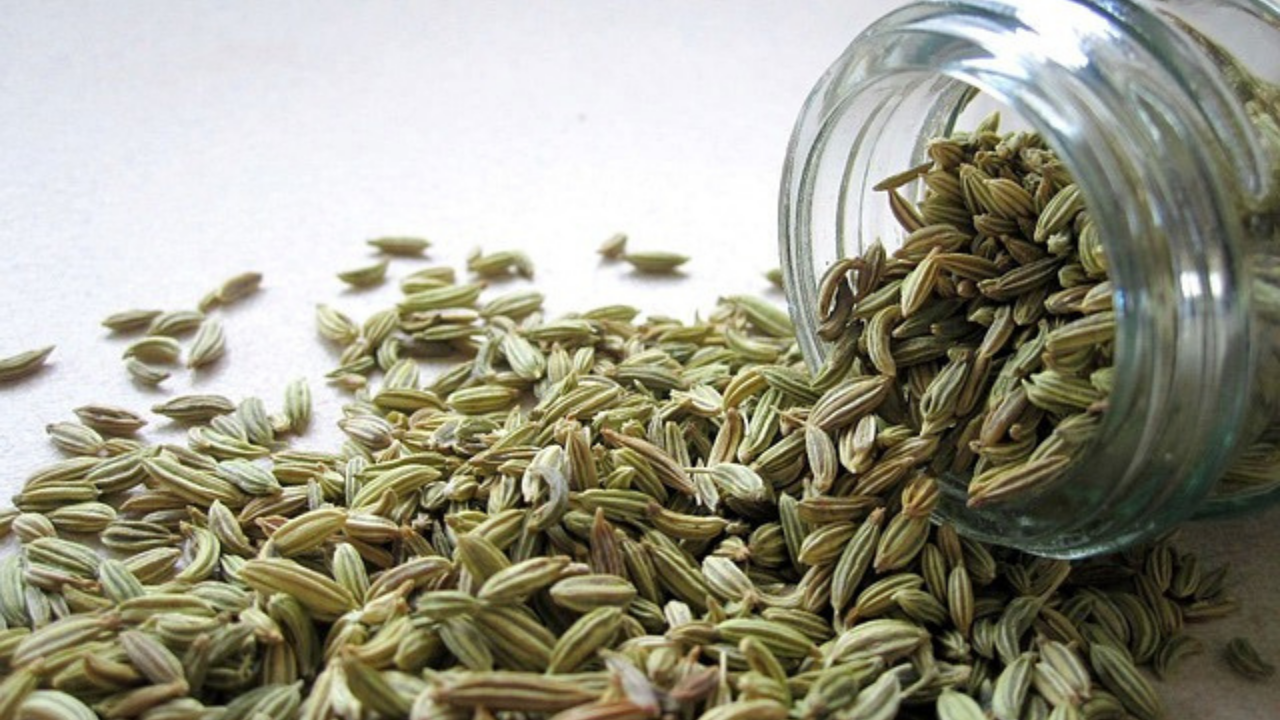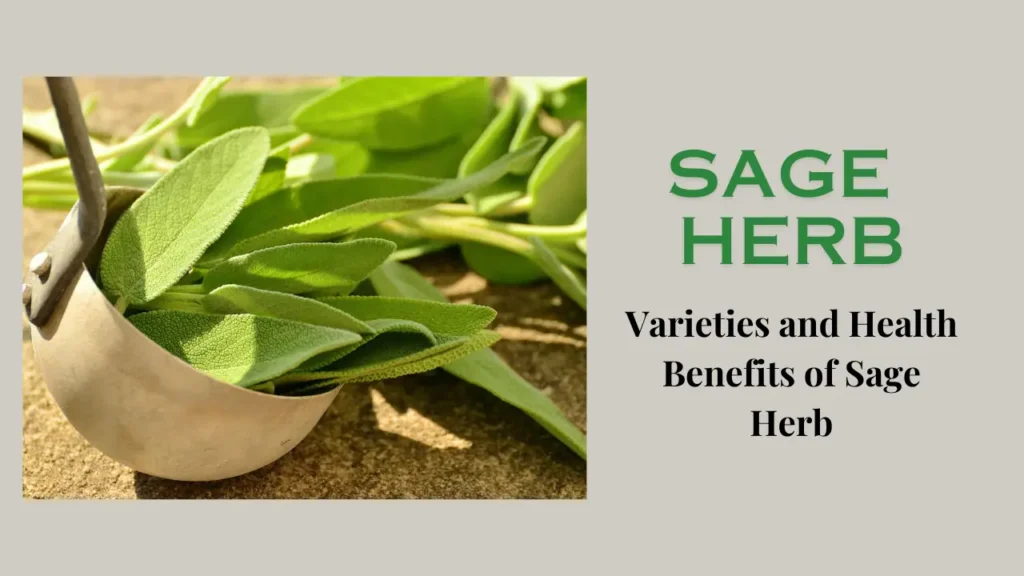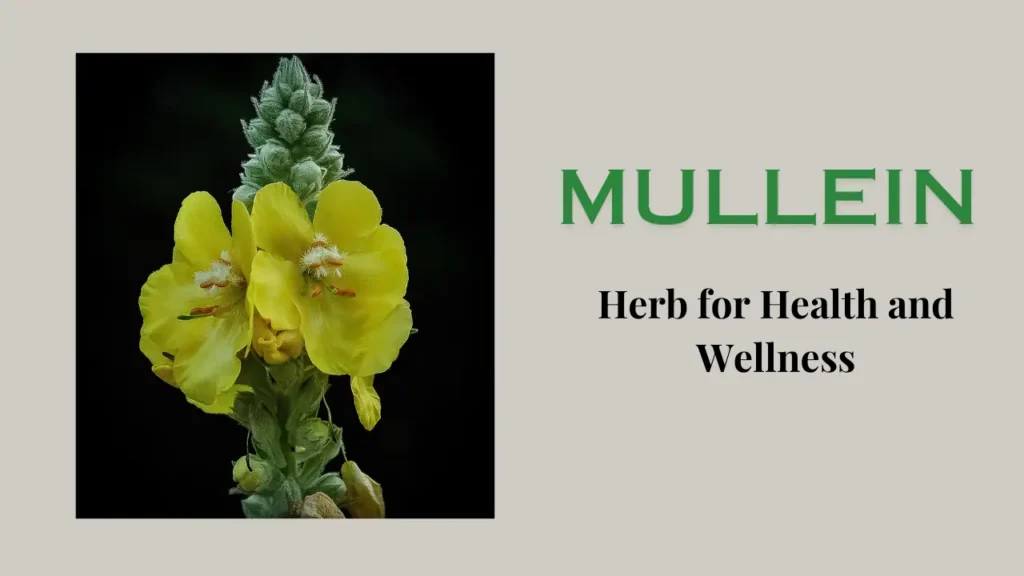In the field of herbs and spices, perhaps none has as much versatility and health benefits as Fennel Seeds. Their history goes back centuries and is used in culinary and medicinal applications. In this article, we will explore the origin, nutritional value, culinary uses, and health benefits of these seeds.

Origin of Fennel Seeds
Fennel (Foeniculum vulgare) is a flowering plant found in the Mediterranean region. Its seeds have been used in various cultures for centuries. The use of fennel is traced back to ancient civilizations, including the Greeks and Romans, who appreciated its unique flavor and medicinal properties.
Nutritional Profile of Fennel Seeds
Packed with Nutrients
Fennel is considered a powerhouse of nutrition and contains many essential vitamins and minerals like vitamin C, potassium, manganese, and folate. These seeds are also a good source of dietary fiber which aids digestion and promotes a healthy gut.
Rich in Antioxidant Properties
These seeds are rich in antioxidants that help deal with oxidative stress in the body and reduce the risk of chronic diseases.
Culinary Uses of Fennel Seeds
Flavor Enhancer
Fennel seeds have a distinctive licorice-like flavor, which adds a unique and aromatic touch to both sweet and savory dishes. Commonly used in Mediterranean and Indian cuisine, they enhance the flavor of soups, stews, and curries.
As Spice Mix and Seasoning
It play a major role in spice blends, such as Chinese five-spice and Indian garam masala. It adds flavor to various dishes, from roasted vegetables to grilled meats.
As Baking Delights
Bakers often add these seeds to breads, cookies, and desserts to enhance their flavor. Its aroma blends exceptionally well with citrus fruits and nuts.
Read Also: Comfrey Plant
Health Benefits of Fennel Seeds
Boosts Digestive Health
Fennel seeds have long been known for their digestive benefits, helpful in reducing bloating, indigestion, and flatulence. The compounds present in its seeds relax the muscles in the gastrointestinal tract, thereby promoting digestion.
Helps in Weight Management
These seeds contain fiber, promoting satiety, reducing overall calorie intake, and thus aiding in weight management. Additionally, its seeds contain natural sweetness that helps satisfy sugar cravings.
It has Anti-Inflammatory Properties
It contains anti-inflammatory compounds that help reduce inflammation in the body. It is a valuable addition to an anti-inflammatory diet, potentially helping prevent chronic diseases.
Menstrual Health
Fennel seeds have mild estrogenic effects that help relieve women’s menstrual symptoms and also help regulate the menstrual cycle.
Read Also: Neurodegenerative Diseases
How to Use Fennel Seeds in Your Daily Routine
Make Fennel Tea
Make tea by adding one spoonful of fennel seeds in hot water and enjoy its benefits. This tea can be drunk throughout the day, promoting both hydration and health.
Sprinkling on Salads
Crush the seeds and sprinkle them in the salad, which gives the salad a crisp texture and also enhances the taste. These seeds are used with different types of vegetables.
Homemade Spice Mix
You can make your spice by adding these seeds to the spice mixture. Customize the intensity of flavor to suit your taste and recipe.
Conclusion
Finally, fennel seeds are not only known for their aromatic taste but also their innumerable health benefits. Whether you are a culinary enthusiast looking to enhance your dishes or are looking for a natural remedy for digestive issues, these seeds are a go-to option for you.
Frequently Asked Question
Yes, it is safe to eat raw fennel. They provide many health benefits when eaten raw. They are a good source of fiber, vitamins, and minerals, and have a pleasant flavor similar to licorice. You can chew them, add them to salads, smoothies, or yogurt, or even use them in baking.
Fennel seeds are generally safe for most people, but there are some potential side effects to be aware of. Some of these are as follows:
- Allergy: Some people may be allergic to fennel, causing symptoms like red rashes, itching, and swelling on the skin.
- Sun sensitivity: Fennel increases your sensitivity to sunlight, so wear sunscreen and avoid prolonged exposure to sunlight if you consume large amounts of fennel seeds.
- Digestive problems: Fennel may have a stimulating effect on the digestive system, causing bloating, gas, or diarrhea in some people.
- Drug interactions: Fennel interacts with certain medications, especially those that affect blood pressure or blood sugar. If you are taking any medications, talk to your doctor before taking fennel seeds.
Yes, fennel seeds are considered good for the stomach. They contain anti-inflammatory and carminative properties, which help soothe digestion, reduce gas and bloating, and provide relief from stomach cramps. Its seeds also stimulate the production of digestive enzymes, which aid in digestion.
Both fennel and cumin are beneficial for weight loss but in different ways. Let us know about them in detail –
- Fennel: Fennel seeds are high in fiber, which helps you feel full and satisfied by reducing overall calorie intake. They boost metabolism and regulate blood sugar levels.
- Cumin: Cumin suppresses appetite, increases fat burning, and improves insulin sensitivity, which helps in weight loss.
Ultimately, the best spice for weight loss depends on your needs and preferences so you can try including both fennel and cumin in your diet.
You can consume fennel seeds in several ways to get relief from swelling:
- Chewing: Chewing one teaspoon of fennel seeds after meals will be beneficial to aid digestion and reduce gas.
- Tea: Prepare tea by soaking one spoon of crushed seeds in hot water for 10 minutes and drink this tea after meals.
- Include in food: Sprinkle its seeds on salads, soups, stews, or curd. You can also use them in baking.
- Fennel water: To make this, soak one spoon of seeds in a glass of water overnight filter this water, and drink it in the morning. It helps in reducing swelling.








